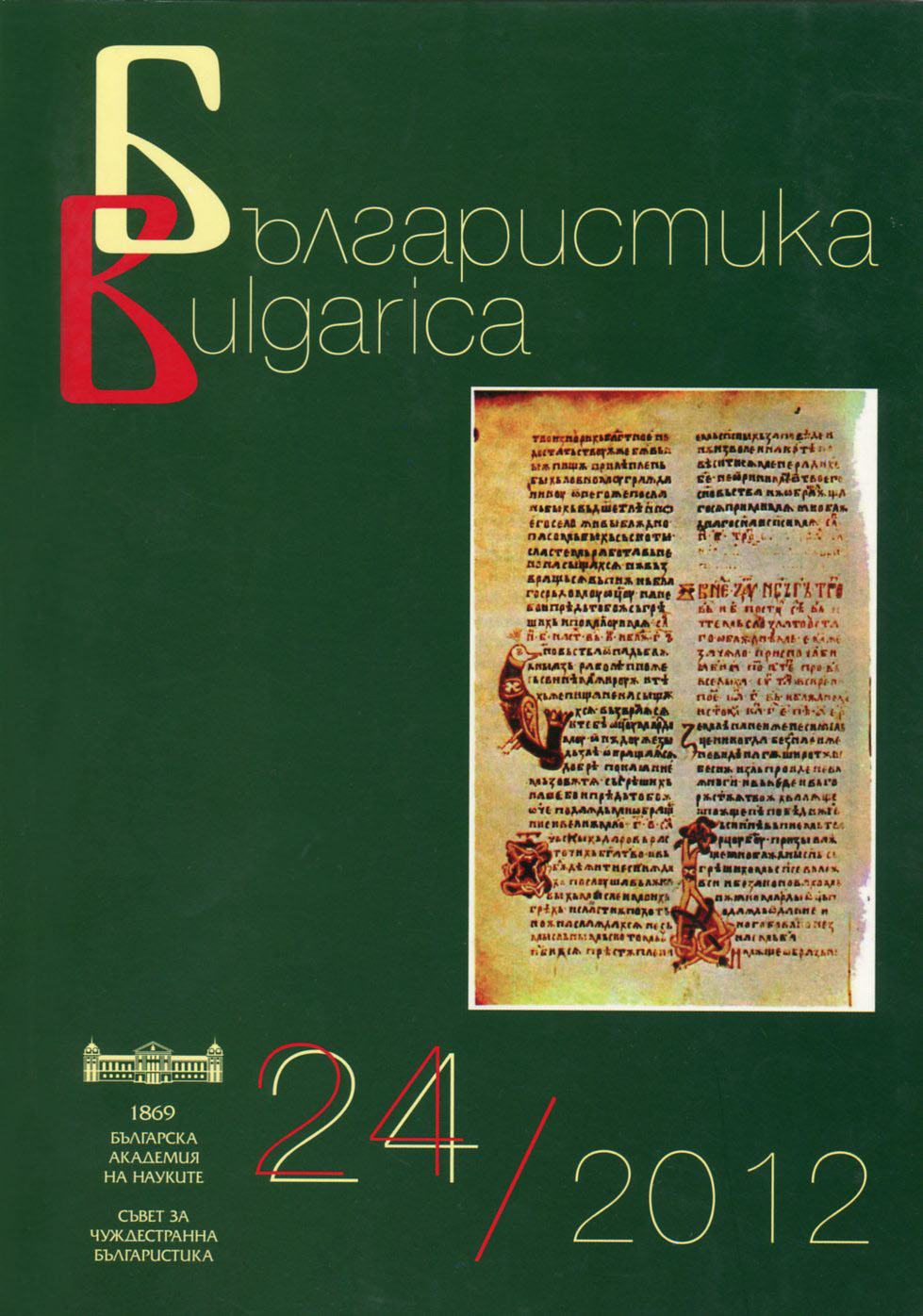
Книги 2011–2012 г.
Selected bibliography in the field of Bulgarian Studies published in the current year
More...We kindly inform you that, as long as the subject affiliation of our 300.000+ articles is in progress, you might get unsufficient or no results on your third level or second level search. In this case, please broaden your search criteria.

Selected bibliography in the field of Bulgarian Studies published in the current year
More...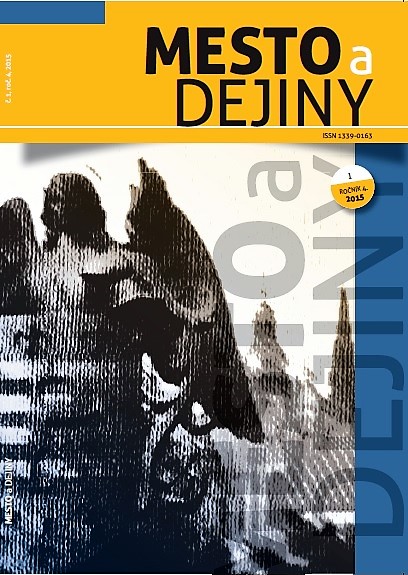
There are testaments from the 16th century preserved in Kremnica state archive. They are written in Latin, German and in one sample also in Slovak language. Last wills prepared a man for a death in spiritual and secular (division of property) way. Testaments eliminated conflict between secular property and desire for an eternal life. Formally testaments consist of several parts – invocation, intitulation, profession of faith, passages about human mortality, composing of the last will and redress of sins, heritages of property, confirmation, corroborating and date formulas. The content of the testaments is an important historical source for economic, law, culture, regional history and also history of material culture and everyday life.
More...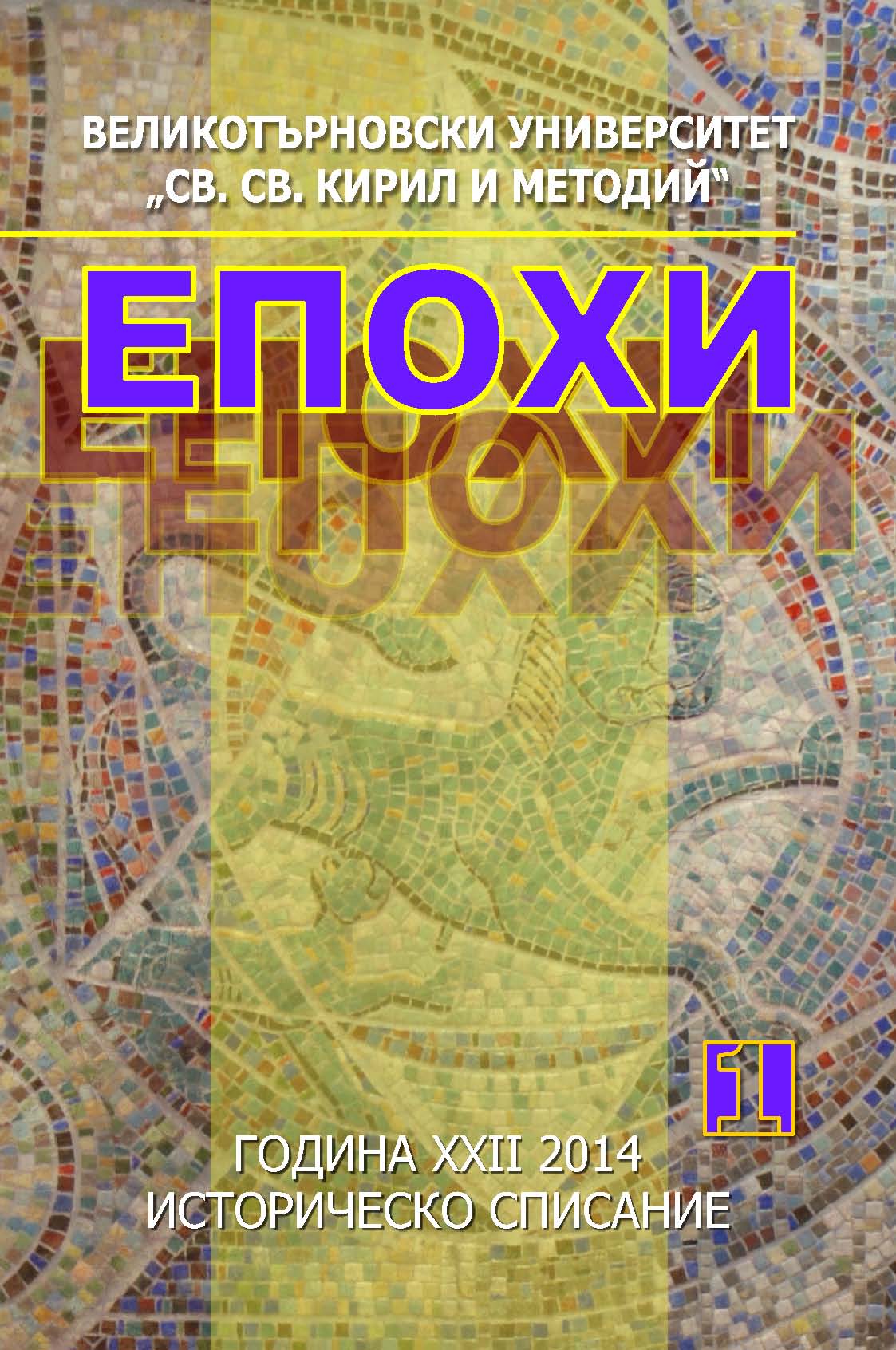
The proposed article is an addition to developing more detailed work dedicated to the development of the Bulgarian ethnography since Liberation to World War II. The review of the studies in the field of Public customary law of the late nineteenth and early twentieth century gives an idea of their chronological development and thematic diversity. Largely research are solicited and facilitated by the systematic methodological guidelines contained in published “questionnaire-directions” for the collection and study of traditional legal customs , to follow European trends and experiences in this regard. To study a particular specified share of the popular social-normative culture are directed primarily specialists in legal education, Odzhakov P., V. Baldzhiev, St. S. Bobchev and others, whose work impresses with its scientific approach to withstand attempted systematization, interpretation and evaluation of the material covered. Along with them during the period relevant publications on Bulgarian common law traditions leave D. Marinov, K. Shapkarev, St. Shishkov and others. This paper examined the research and collecting individual contributions of these authors that enrich the scientific literature and help to expand the thematic scope of the Bulgarian ethnography in an essential and dynamic period of its development as a scientific discipline.
More...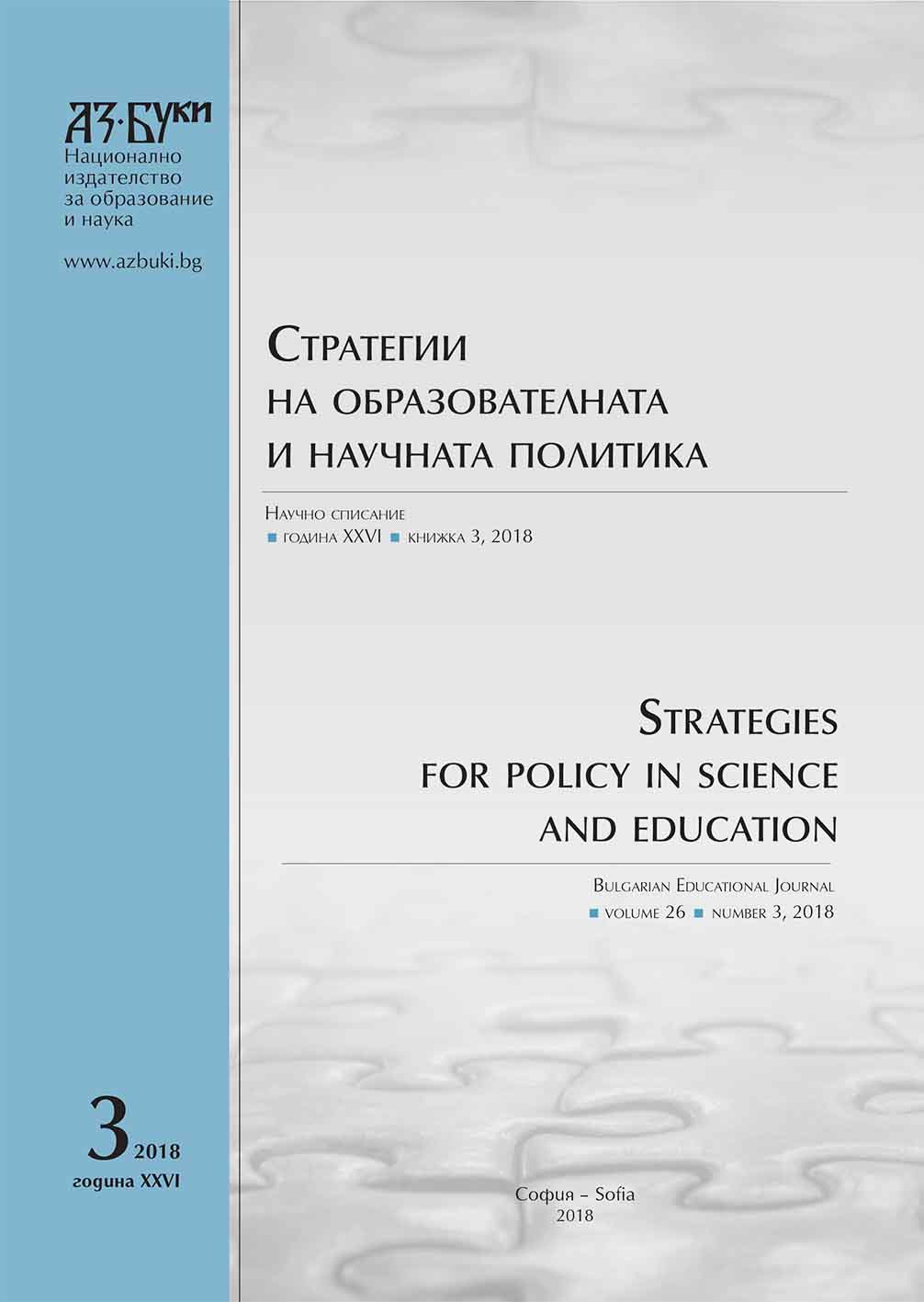
The methodology of this scientific research is based on the combination of the historical, normative, teleological, systemic, formally logical and comparatively legal method of analysis. Taking into consideration the peculiarities of the integration process and the legal system created for its needs, the system and the teleological method are of decisive importance in the studyThe interdisciplinary nature of the subject requires the use of a wide range of techniques and methods from the theoretical field of law, philosophy, politics, sociology, such as analysis, systematisation, classification etc.
More...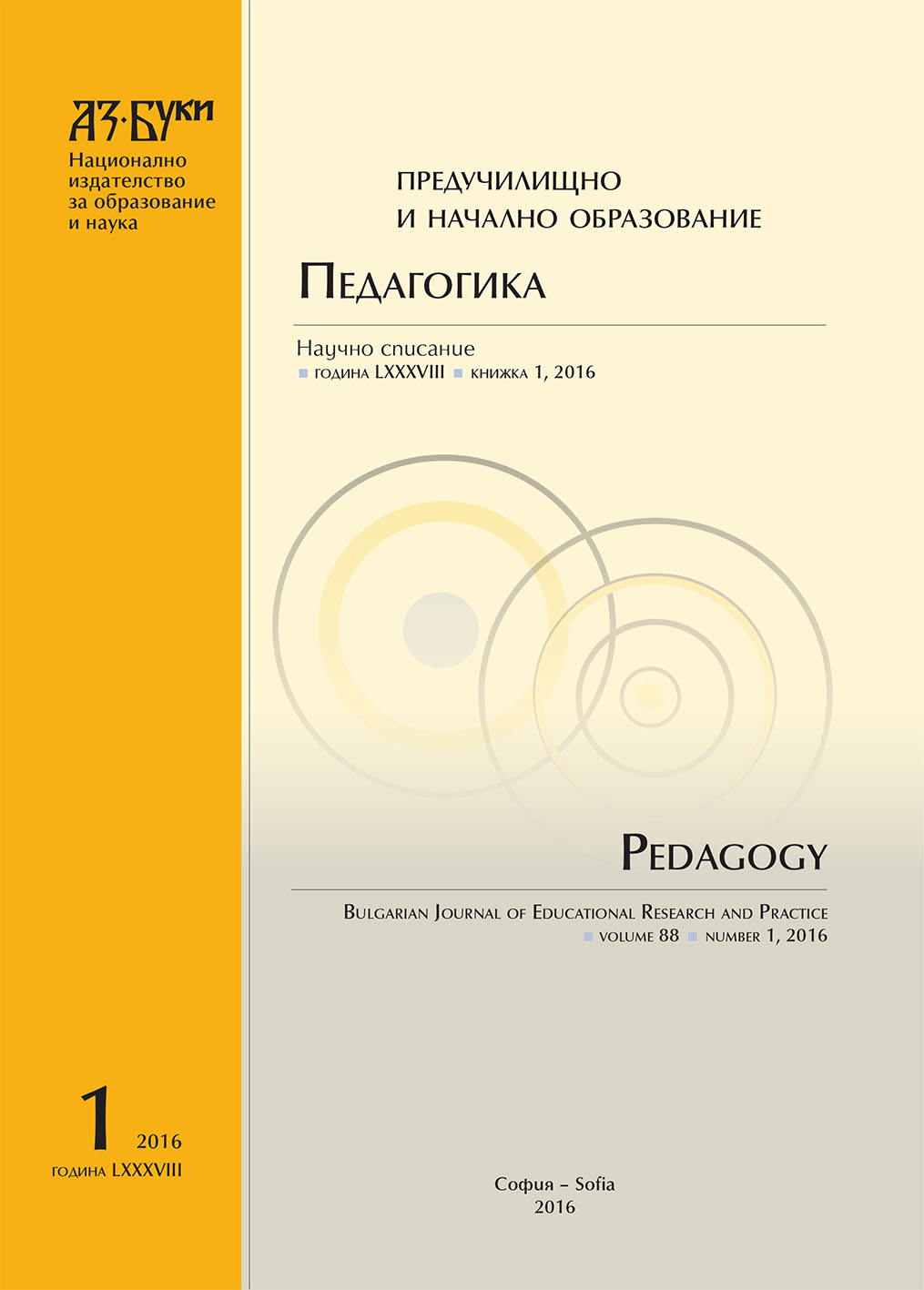
The article presents perspectives on the nature and possibilities of corrective measure “placement in a Correctional Boarding School” under the conditions of CBS.
More...
Most international relations theorists regard the state as their primary actor, and the security concept is based too upon the society in its state form. However, the present phase of state existence, was only achieved after an extensive process of human societies' development in this direction, and the current state form, in its turn, is not definitive, as the state-organized societies are still in a continuous process of evolution, characterized by permanent change. In this paper we shall analyze how human societies have traversed the transition from the early stage, based on the itinerant exploitation of natural resources, which requires only an incipient organization,to the proto-state societies, and then, in a later process, we will continue our analysis until we find the model of state that we meet today.
More...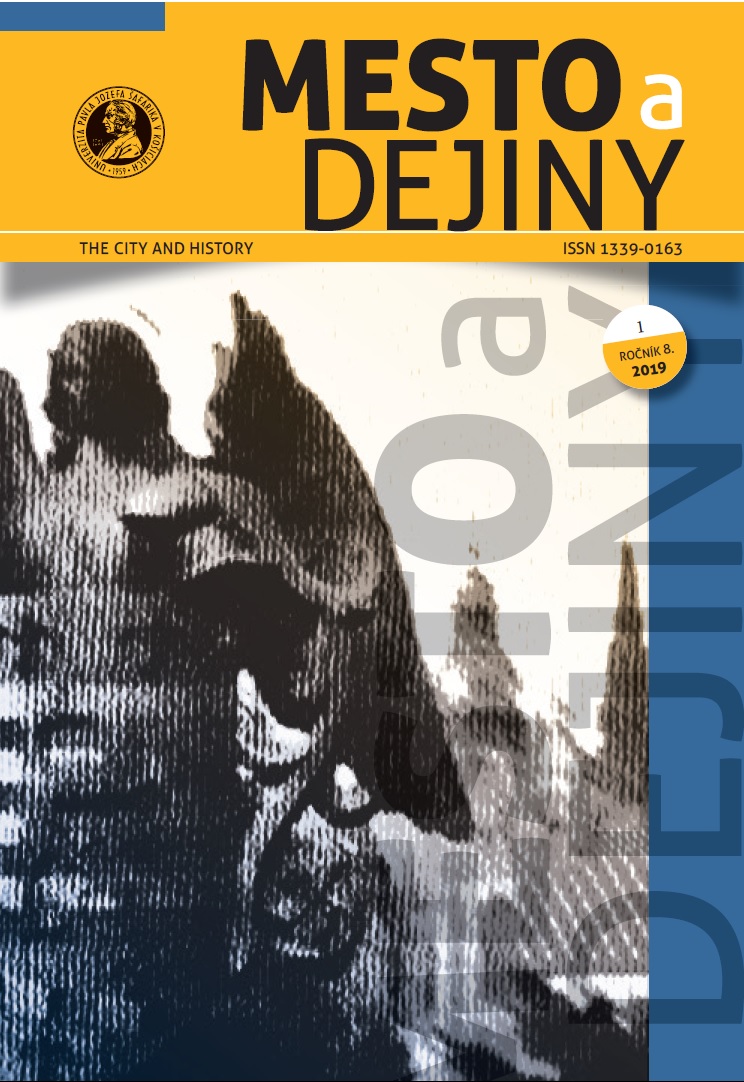
The extension of totalitarian and authoritarian regimes in the first half of the twentieth century, which hit most European states, required political interferences within the highest legislative and executive authorities of states as well as in local administrations and bodies of self-government. Legislative interventions resulted in the formation of new local political elites whose representatives, mostly recruited by the criterion of political reliability, held the defining positions and played the significant role in implementing anti-Jewish policy during the Holocaust era. The main aim of this contribution is the analysis of the mechanisms of legislative interventions into the creation of new local political elites in selected examples of Nazi-occupied countries (General Government, Protectorate of Bohemia and Moravia) and allied regimes (Slovak State and Hungary).
More...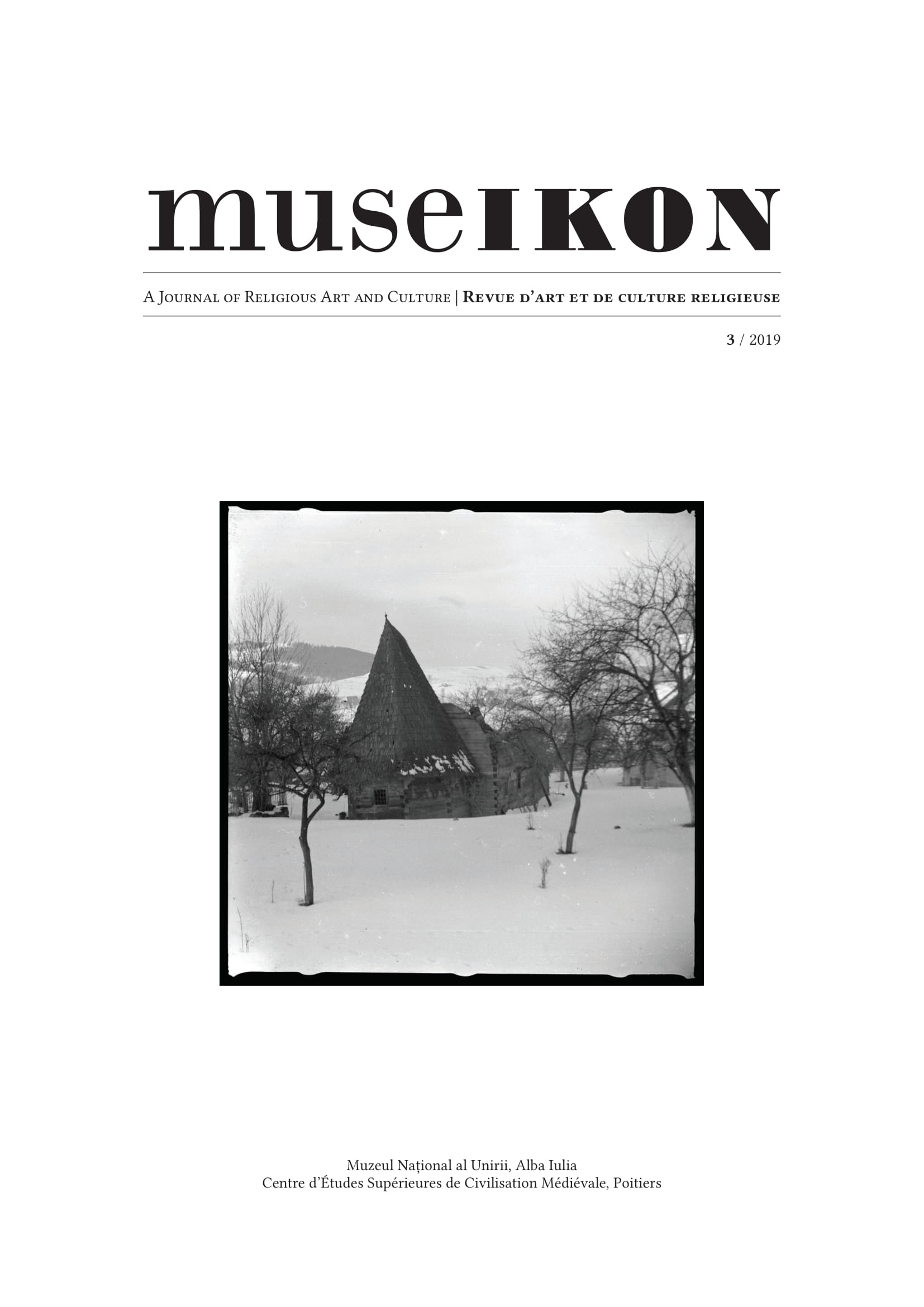
L’effondrement des États communistes de l’Europe de l’Est a mis en lumière des histoires d’héroïsmependant la répression et fait parler d’oppression, de survie et de dignité. Cependant, les tendances historiogra-phiques récentes cherchent désormais à comprendre les aspects systémiques des quarante-cinq années de Régimecommuniste en Roumanie. Les études culturelles et sociales, l’histoire comparée, la et l’histoire orale, entre autres,interprètent et redimensionnent nos conceptions sur le mode de vie pendant le communisme. En partant d’uneapproche post-révisionniste, s’appuyant sur une analyse du discours et sur la sémantique, la présente étude sepropose d’interpréter quelques extraits des archives de la police politique (Securitate) concernant l’histoire dugroupe d’intellectuels et de clercs connu sous le nom de Rugul aprins (Buisson ardent), qui ont été cibles de la ré-pression communiste et incarcérés ensemble pour agissements contre l’ordre social. Puisque leurs préoccupations spirituelles et leur philosophie culturelle témoignaient pleinement d’une attitude anti-communiste et d’une cri-tique du régime socialiste, ils sont devenus l’objet d’un suivi informatif de la Securitate, puis inculpés lors d’un procès mené pendant la seconde vague répressive du régime, en 1958. La présente recherche suit la trame narra-tive et les thèmes du discours de la Securitate, en essayant en même temps de proposer une interprétation de la façon dont les institutions répressives se rapportaient face à l’idée de religiosité et de ‘mysticisme’.
More...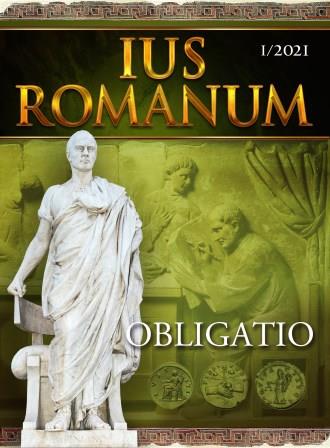
The aim of this article is to highlight the importance of the Roman legal terminology on contracts, origin of modern basic concepts such as contract, pactum, agreement, transaction (with mutual sacrifices by the parties), or unilateral promise etc., very abundant, from the legal theory’s point of view, in the Roman law. This ancient law is, nowadays, an indispensable tool referring the dialogue between the most widespread traditions in the world, i. e., the Roman-Germanic and the Common Law. In order to do that, even between national laws belonging to a common legal tradition, the analysis of the genesis and nature of the legal concepts in Roman law constitutes a fundamental task of legal interpretation. A review of the traditional theory of the sources of obligations in Roman law is also necessary. This paper, besides, affords the discussion of the recent reform of the French Civil Code concerning the sources of obligations (2016), as well as some of the different initiatives about the international unification of private law.
More...
Roman jurists had always included the loan contract among the real contracts. This is the result of a progressive refinement process started with the ‘birth’of the loan within the category of the 're obligari'. Through a riper consideration developed among the jurists, the old 're obligari' has been included in a more recent notion of 'contrahere re', where the role of the consent is definitely more relevant. A tension between the elements of the consent and delivery has been kept within the view of Roman jurists on this contract: Roman jurists had, on the one hand, vigorously defended the view of the loan as a real contract, on the other hand, had elaborated dogmatic models of loan contracts for which the delivery (traditio) was not anymore necessary for the production of the (obligatory) effects of the loan contract.
More...
This research aims to analyze the figure of the datio in solutum necessaria from its origins to the present. All this, from the terminological and practical origin of the datio in solutum, but focusing specifically on the datio in solutum necessaria. The legal figure of datio in solutum necessaria finds its origin, according to the majority doctrine, after Justinian, so it is intended to systematize its evolution until today. In modern times, the datio in solutum necessaria is not estipulated in most legal systems, with voluntary payment being the option regulated by most of the current Civil Codes. However, it is intended to demonstrate that there are legal systems that remain faithful to Justinian Roman law when it comes to providing the datio in solutum necessaria in an express manner in their legal systems.
More...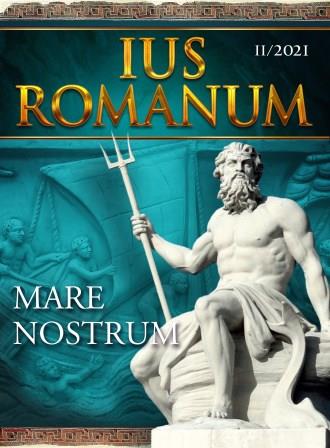
The analysis of the legal sources of the second and third centuries AD, aims to highlight the fact thatthe inclusion of the sea among the res communes omnium, and the same this category developed by Marcian are not so much the mature fruit of the discussions developed among the imperial jurists but, on the contrary, an attempt to build a special category within the res publicae, open to anyone regardless of Roman citizenship, which, however, when it was created by Marcian, would need further reflection. However, such an in-depth study was not possible due to the lack of scientific activity of the jurists after Gordian III. A close analysis of the scene of Plautus’ Rudens is also carried out, in order to attempt a correct framing of the discussion on the historical process that involved the definition of the sea as res communis omnium.
More...
From ancient times until today, the sea has been a border, but also - a link. The use of marine waters is dealt with in international maritime law, but it is a matter of international relations as well. A brief historical overview of the impact on the Black Sea over the centuries has been made. The problem of sovereignty is also derived from history. This issue remains relevant and controversial. In the paper, sovereignty is considered from a legal and geopolitical perspective.
More...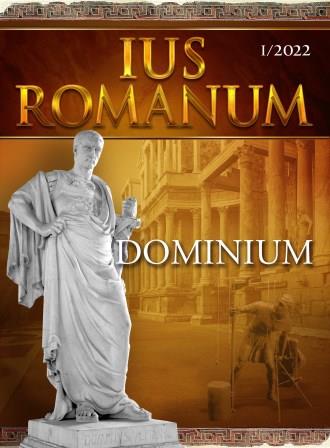
In this study, we make and analyse a set of assessments and observations that seem to us more assumable, from historical and jurisprudential precedents, with the purpose of confirming the prevalent character of the principle of the proculeyan jurisprudence on the tabula picta, and its constant application until today, as can be seen in the current Spanish Civil Code. To this end, we will address: I. Introductory Summary: Accession in the Spanish Civil Code and preceding Roman jurisprudential problematic. II.Accessio as the most assumable framing and the possible differentiating profiles with specificatio. III. Possible indications related to the preceding beliefs, customs and traditions that may have motivated the change in the assignment of ownership to the painter. IV. Summary reference to some doctrinal comments on the alterations of the text of ІG 2.78, without abrupt changes in substance. V. Specific observations and analysis of the text of Gaius 2. 78: „Tabula picturae cedere“.
More...
This article examines issues related to the legal nature of intangible assets, the nature and content of exclusive law as a subjective absolute civil right. The content of copyright as a set of property and non-property rights is clarified and a comparison is made between the anglo-american and continental understanding of copyright. The personal inalienable and alienable rights of the author are analyzed. Special attention is paid to the author's right to demand preservation of the integrity of the work and the consequences of its violation. They are considered features of this right and its exercise in the works created in the conditions of labor relations and by order. They have been studied issues related to the protection of the right to integrity and the determination of compensation.
More...
There are many records throughout the Empire from the imperial provinces dating to 1st and 2nd century AD that mention dispute settlements between tribal communities in which the Roman provincial administration had significant role. The intention of the Romans to intervene to such disputes was not so much motivated by the need to ordain how the dispute should be settled, but to ensure all the prerequisites that the dispute was ended quickly and efficiently. Romans intervened to all disputes that they perceived as potential dangers to their smooth administration of the province. The more dangerous the dispute was the higher provincial official was concerned with its settlement. Such approach to dispute settlements resulted with a high degree of standardisation of such procedures throughout the Empire which can be qualified as some kind of administrative arbitrations. Moreover, such approach reflected a consistent policy to disputes in those provinces where stabilisation of Roman government was still going on, or where tribal communities did still not fully adapt to the new Roman administrative system and territorial divisions. In their attempts to bring such disputes to an end, the Roman provincial magistrates used certain powers which were typical for their criminal jurisdiction, especially in initiating the dispute settlement and the enforcement of the award.
More...
Starting from a fragment from Ulpian (D. 1.3.34), the present paper aims at presenting other ancient sources and explore if provincial custom was accepted as / considered a self-standing source of law or if it was necessary for it to be confirmed in contentious proceedings. The research also presents the relations between custom and law.
More...
After the military victory and the conquest of the whole Empire, Augustus renforced his power through a large religious programm, to show that not only men, but also the gods were now in peace and all together engaged to ensure the glory of Rome. He presented himself as the new conditor, after Romulus, and had the idea to call himself Romulus or Quirinus (the divine transfiguration of the first king). An official cult of the emperor did not rise, for political caution, and in the several provinces, the consideration of the princeps took different forms. In some of the Eastern provinces people were allowed to look at him as a god, but generally, he had a different role: he was more powerful than a simple god.
More...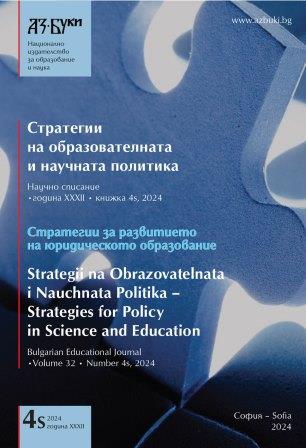
This article is devoted to the place and role of the discipline “History of the State and Law” in the system of legal education. It provides an opportunity not only to acquire in-depth knowledge in the field of the historical development of the state system and legal regulation, but also provides a basis for awareness of the contemporary state-legal situation. The study also allows to predict the further development of the state and the law.
More...
Artificial Intelligence (AI) is rapidly becoming part of our everyday lives and is, undoubtedly, transforming the world as we know it. While offering significant advancements across various sectors, this rapid development raises many concerns about human rights. Having recognized these concerns, this paper examined how AI technologies can infringe upon privacy, perpetuate bias, and disrupt the principles of intellectual property. Using qualitative research methods, including a systematic review of existing literature and policy analyses, the study discussed the major challenges such as algorithmic discrimination, misuse of personal data, and harmful content creation. Special attention was given to the role of education in mitigating these risks, as education and educators are a powerful force for addressing the ethical dilemmas of using AI now.
More...